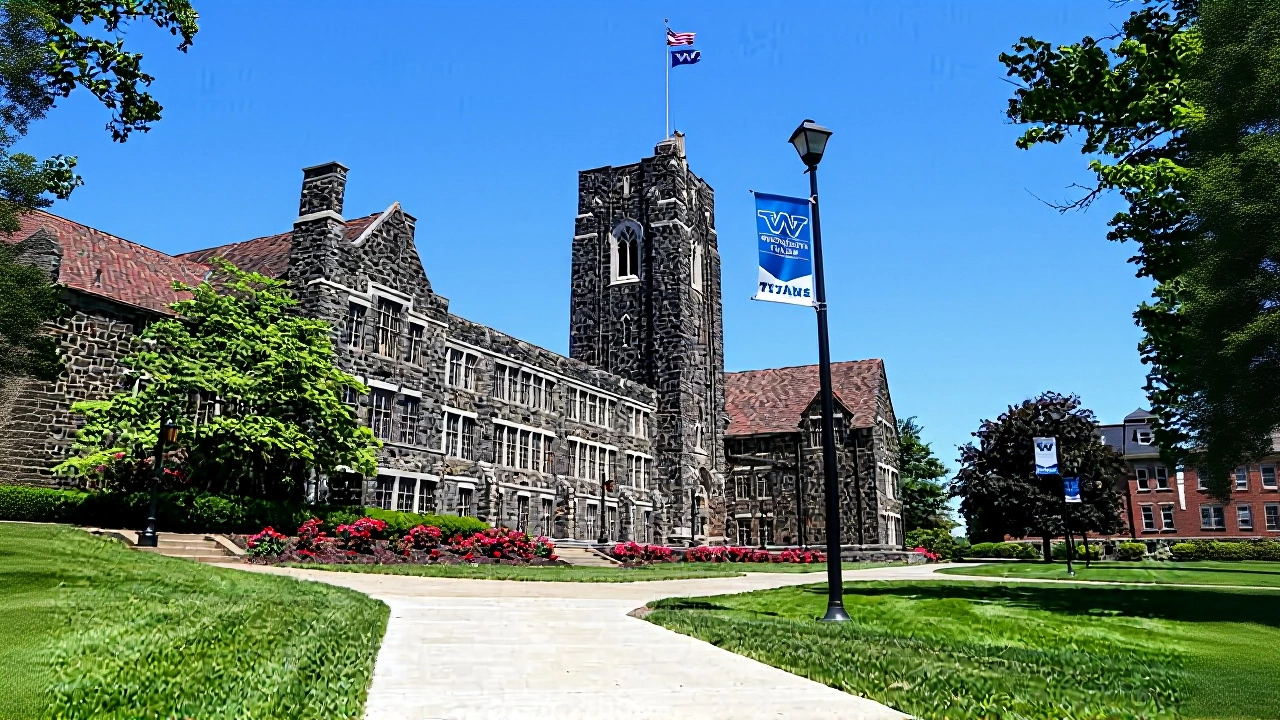
The Westminster College Symphony Orchestra will take the stage at Will W. Orr Auditorium on Friday, November 21, 2025, for a concert that doesn’t just play music—it bridges centuries. Titled Across the Eras, the fall performance features a world premiere by the orchestra’s own conductor, Dr. Melinda Crawford Perttu, who’ll also step forward to play a haunting solo on the Scottish fiddle. No tickets needed. No lines. Just 7:30 p.m., a packed hall, and a night where Schubert’s unfinished sorrow meets Ravel’s thunderous cathedral of sound—and something entirely new, born in the quiet halls of a small Pennsylvania college.
A Concert That Spans Centuries
The program is a deliberate time machine. It opens with Franz Schubert’s Symphony No. 8 in B minor, D. 759, better known as the "Unfinished." Composed in 1822, it’s one of classical music’s great mysteries—why did Schubert stop after two movements? No one knows. But hearing it live, especially in a space like Orr Auditorium, feels like listening to a whisper from the 19th century that never quite faded. Then comes Camille Saint-Saëns’ Marche Militaire Française, a bright, brass-heavy march written in 1880 after a trip to Algeria. It’s colonial, yes, but undeniably vivid—a snapshot of French imperial ambition wrapped in rhythm. The finale? Modest Mussorgsky’s The Great Gate of Kiev, as orchestrated by Maurice Ravel. Originally a piano piece from 1874, Ravel’s 1922 version turned it into a sonic monument. Trumpets blaze. Timpani roll like distant thunder. The entire orchestra becomes a cathedral of sound. It’s the kind of piece that makes you sit up straighter. And it’s the perfect counterpoint to what comes before it.The Premiere: ‘Largs’ and the Scottish Fiddle
But the real heartbeat of the evening is Largs. Composed by Dr. Crawford Perttu, the piece is named after the town in North Ayrshire, Scotland, where her ancestors once lived. She didn’t just write it—she’s playing it. On a Scottish fiddle, a smaller, more agile instrument than the modern violin, its strings tuned differently, its bowing style rooted in centuries of folk tradition. The sound? Raw, intimate, almost mournful. One audience member described it afterward as "like wind over a moor at dawn." The premiere isn’t just a novelty—it’s personal. It’s heritage. It’s a composer honoring lineage through sound. The fact that a college conductor would compose and perform a new work in the middle of a standard orchestral program is unusual. Most conductors stick to the baton. But Crawford Perttu doesn’t just lead—she participates. And that changes everything. The audience doesn’t just watch the orchestra. They feel the weight of her presence.
The Choir Joins the Symphony
Adding depth to the evening is the Westminster College Concert Choir, directed by Dr. Ryan Keeling. Though the program doesn’t include choral singing this time, their presence backstage—rehearsing, listening, sharing space with the orchestra—matters. This isn’t a solo act. It’s a department. A community. Keeling, who’s been at Westminster since 2020, has built a choral program that regularly collaborates with the orchestra. Their joint performances have become the backbone of the School of Music’s calendar. This concert? It’s their biggest of the fall.Why This Matters Beyond Campus
Westminster College isn’t a Juilliard. It’s a small, private liberal arts school founded in 1852, nestled in New Wilmington, Pennsylvania, with an enrollment under 2,000. Yet, its music program punches far above its weight. The Westminster College School of Music doesn’t just train students—it gives them real responsibility. Students play principal seats. They lead rehearsals. They premiere works. That’s rare in undergraduate programs. This concert isn’t just about what’s on the program. It’s about what’s possible. A faculty member composes a piece rooted in her Scottish roots, then performs it on an instrument few in the audience have ever heard live. A 200-year-old symphony is paired with a 140-year-old march and a 150-year-old piano suite turned orchestral epic. And it all works. Because music, at its best, doesn’t care about dates. It cares about feeling.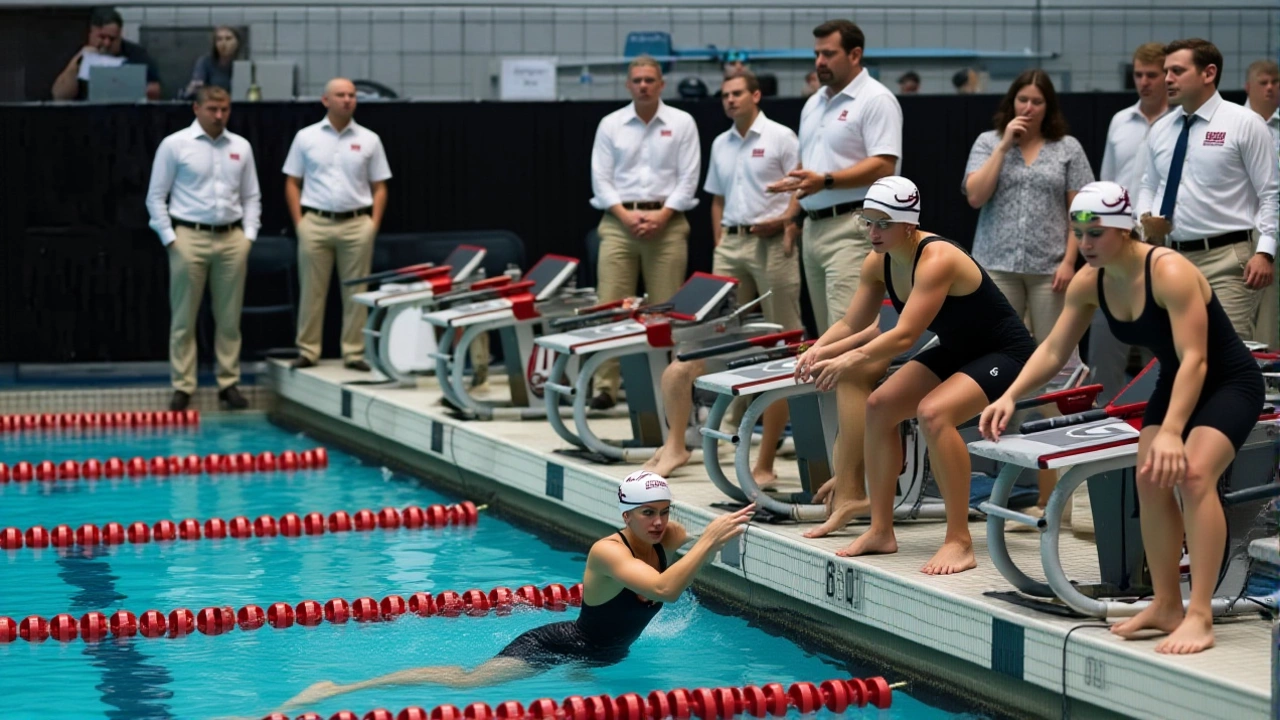
What’s Next for Westminster’s Music Program
The fall concert is just the beginning. The School of Music’s 2025–2026 calendar includes a spring opera production, a jazz ensemble tour, and a student-composed multimedia piece tied to climate activism. The orchestra’s next major performance? A January concert featuring works by women composers from the 18th to 21st centuries. Crawford Perttu’s own next project? A chamber suite inspired by Appalachian folk melodies, set to premiere in April. The message is clear: this isn’t just a college orchestra. It’s a living archive, a creative lab, and a cultural anchor for a region that doesn’t always get noticed.Frequently Asked Questions
Is the concert really free?
Yes, the concert is completely free and open to the public. No tickets or reservations are required. The Westminster College School of Music funds the event through institutional support and donor contributions, aiming to make high-quality classical performances accessible to the Lawrence County community and beyond.
Who is Dr. Melinda Crawford Perttu, and why is her composition significant?
Dr. Melinda Crawford Perttu is conductor of the Westminster Symphony Orchestra and a composer with deep ties to Scottish folk traditions. Her premiere piece, Largs, draws from her ancestral roots in the Scottish town of Largs and features her performance on the Scottish fiddle—an instrument rarely heard in orchestral settings. This blend of academic rigor and personal heritage makes the work a rare, emotionally resonant addition to contemporary classical repertoire.
Why include Schubert’s ‘Unfinished’ Symphony?
Schubert’s Symphony No. 8, left incomplete in 1822, is a masterpiece of ambiguity. Its two movements carry profound emotional weight, and its unfinished state invites listeners to reflect on loss, potential, and time. Pairing it with Ravel’s grand finale creates a narrative arc—from quiet introspection to explosive triumph—that mirrors the human experience. It’s not just music; it’s storytelling.
How does this concert reflect Westminster College’s broader music mission?
Westminster’s music program emphasizes student-led artistry and faculty innovation. Unlike large universities that treat orchestras as teaching tools, Westminster gives students real performance roles and commissions new works. This concert—featuring a faculty composer-performer, a choir collaboration, and historically diverse repertoire—shows how a small liberal arts college can sustain a vibrant, globally aware musical culture.
Can I learn more about the Scottish fiddle and its role in classical music?
The Scottish fiddle, distinct from the modern violin in tuning and bowing, is central to traditional Celtic music. While rarely featured in symphonic settings, composers like Sir James MacMillan and Sally Beamish have integrated it into contemporary works. Dr. Crawford Perttu’s use of the instrument bridges folk and classical traditions, offering audiences a rare sonic experience that’s both ancient and newly composed.
What should I expect at Will W. Orr Auditorium?
The Will W. Orr Auditorium is a 600-seat, acoustically refined performance space on Westminster’s campus, built in the 1970s and regularly updated for modern orchestral needs. Seating is general admission, doors open at 6:30 p.m., and the space is wheelchair accessible. There’s no parking fee, and the campus is easily reachable from Pittsburgh (about 50 minutes away) or the Ohio border.
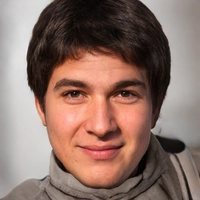
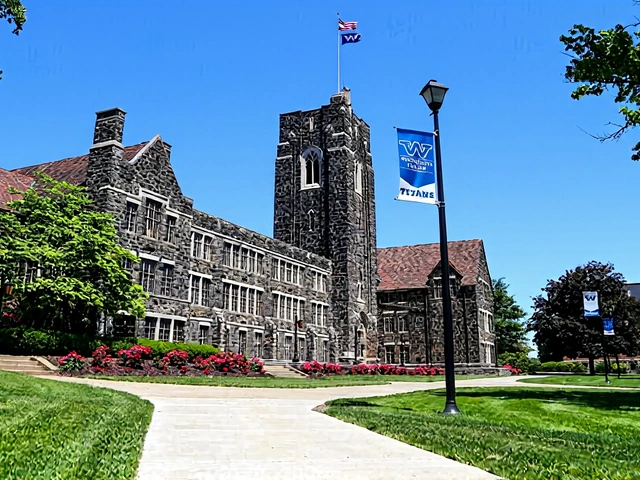
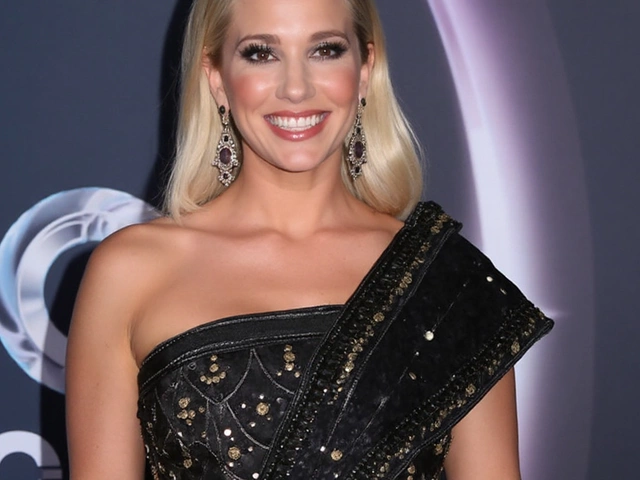

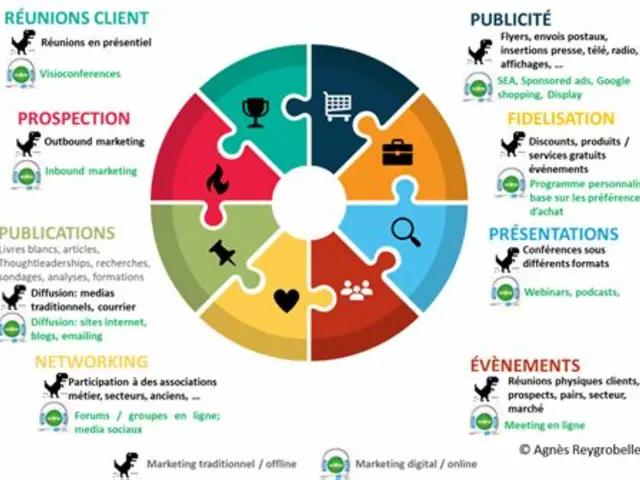


Write a comment